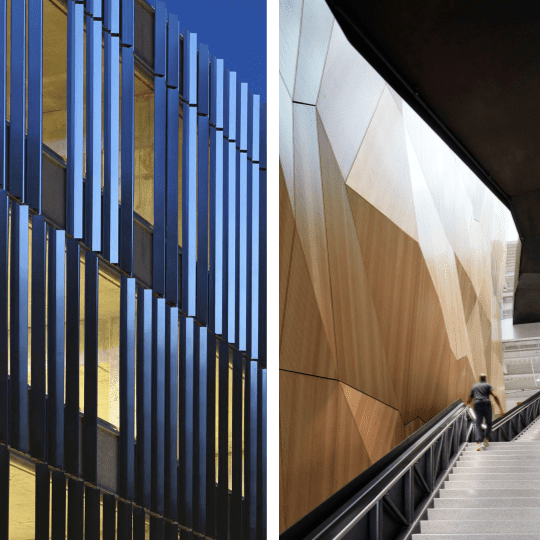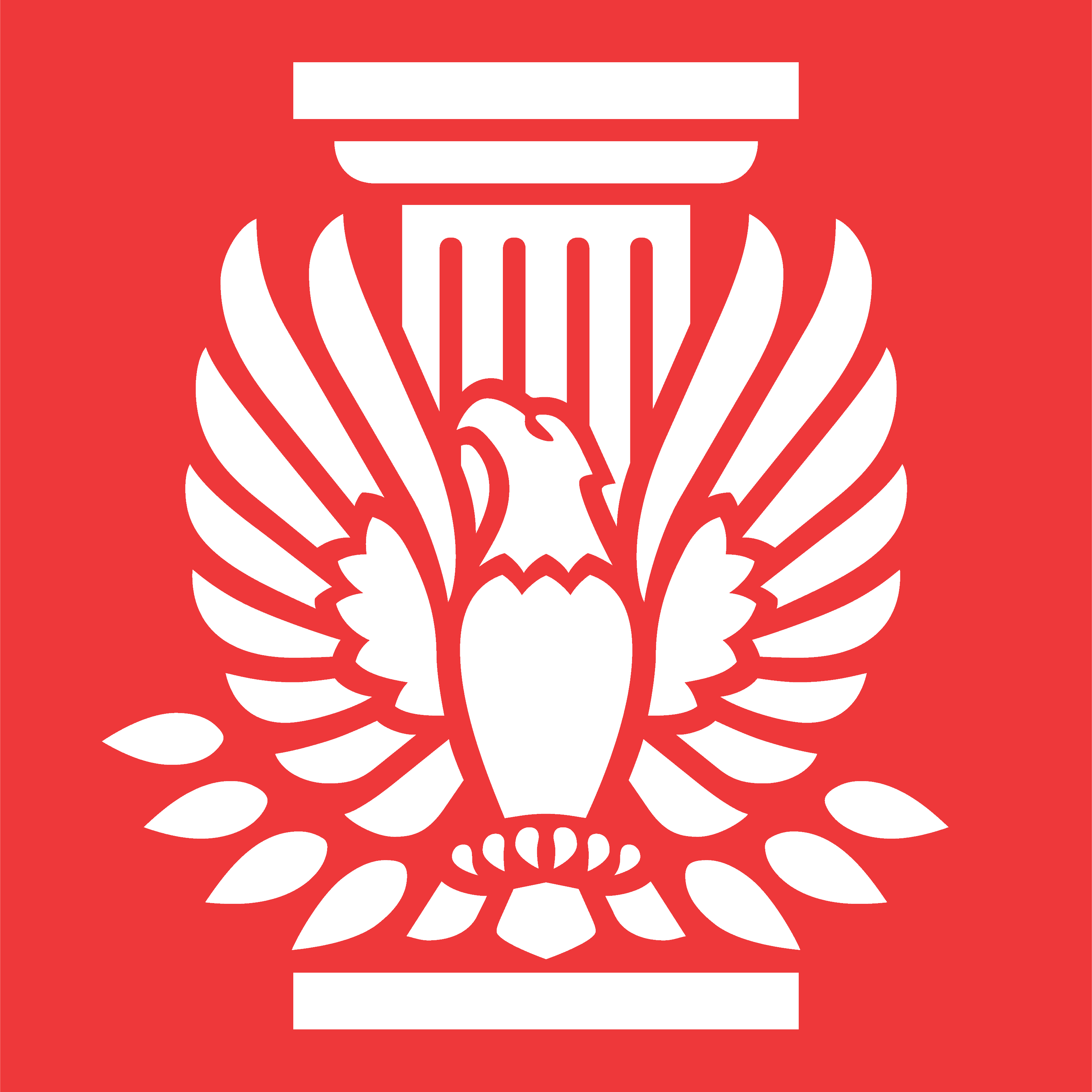
Design Tech Meetup – Bringing Computational Design to Your Firm: Complex Geometry and KPIs
<< All Events
Design Tech Meetup – Bringing Computational Design to Your Firm: Complex Geometry and KPIs
 We all want to design better and more efficiently. Using computational design is one such approach. But how do you get started designing complex elements using computational design that are both constructible and within budget? Also, how do you track computational design’s impact on design and productivity in your firm? Join Ryan Johnson, Clark Nexsen’s first Computational Designer, as he shares case studies of built projects and KPIs for tracking computational usage across his firm.
We all want to design better and more efficiently. Using computational design is one such approach. But how do you get started designing complex elements using computational design that are both constructible and within budget? Also, how do you track computational design’s impact on design and productivity in your firm? Join Ryan Johnson, Clark Nexsen’s first Computational Designer, as he shares case studies of built projects and KPIs for tracking computational usage across his firm.
Learning Objectives
- Participants will learn a methodology of assessing constructability and pricing of complex geometry.
- Participants will further understand how to apply the methodology by learning about several case studies of built work featuring varying levels of complex geometry.
- Participants will know the right time to engage engineers, contractors, and vendors in the computational design process.
- Participants will learn KPIs for tracking computational design growth and usage in their firms.
About the Presenter
 Ryan Johnson, AIA
Ryan Johnson, AIA
Computational Designer, Clark Nexsen
A licensed Architect, with more than 15 years of experience, Ryan believes that technology and the tools available in the industry are reflected in the buildings that we create. Throughout his career he has used technology to not only transform the design process, but also transform the built environment. He created and led Clark Nexsen’s Tech Studio, which leverages current and future technology to facilitate design, collaboration, exploration, and workflow. He now leads the Computation Hub of the CNCPT Collaborative, the engine behind Clark Nexsen’s investigation and application of technologies that augment the design process. As the firm’s first Computational Designer, he pushes the use of computational thinking and computational tools such as automation, parametric design, data, and simulation to transform design. Ryan has been serving on The American Institute of Architects Technology in Architecture Practice (TAP) national Knowledge Community since 2017 and was the 2020 chair.
